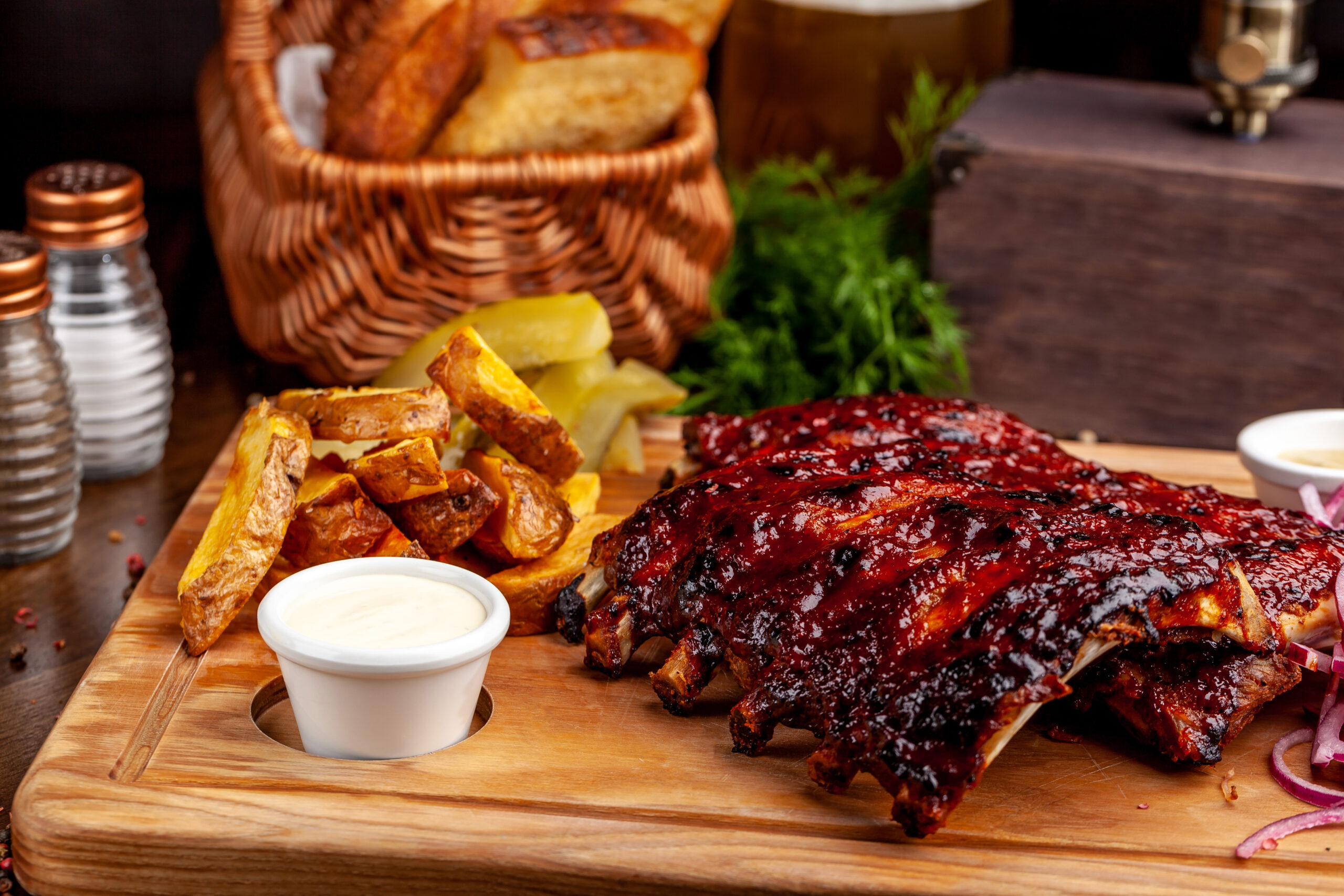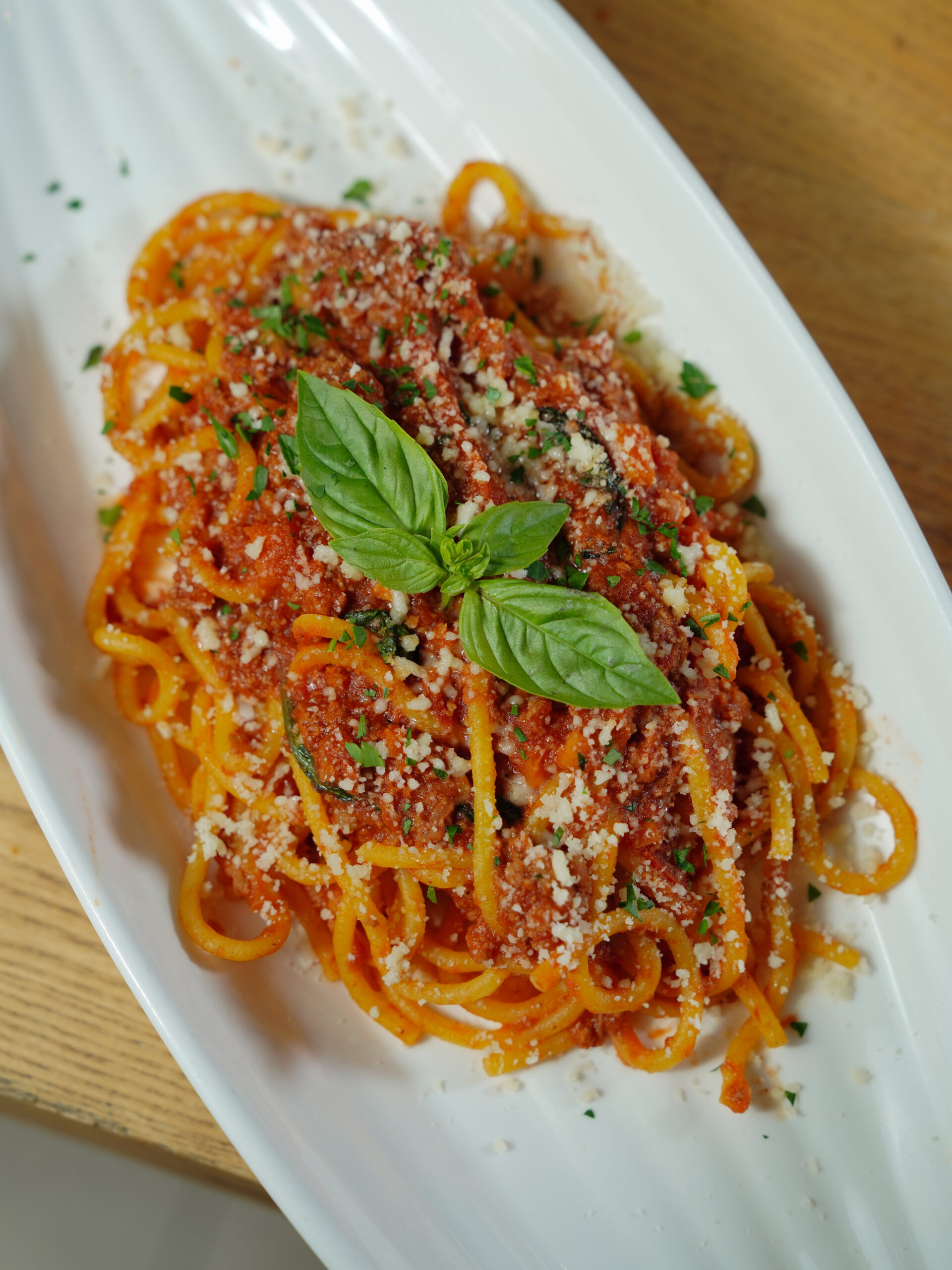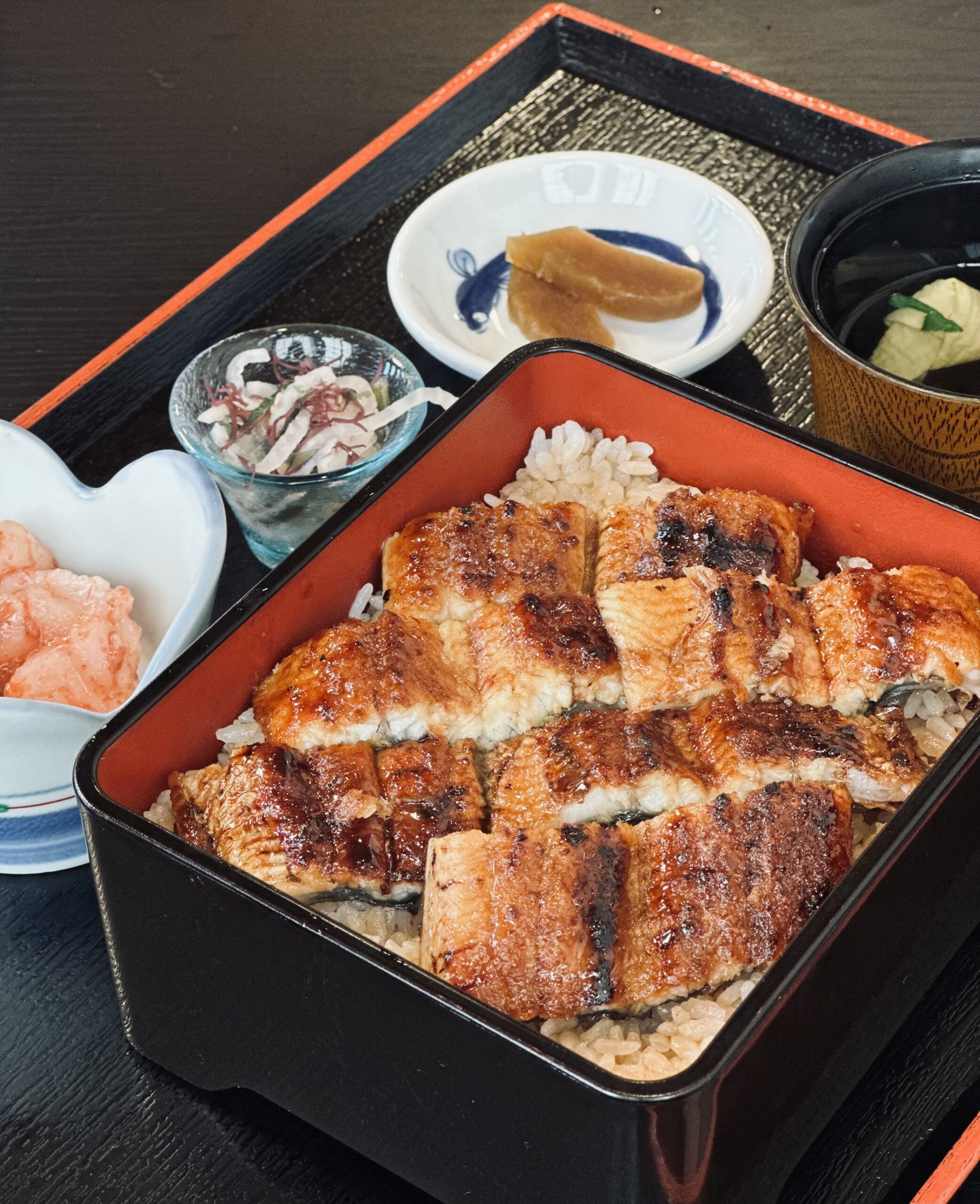Cooking Tips from Famous Chefs”
Ignored Cooking Tips: Overhyped and Underused” is an article that highlights 27 cooking tips that many home cooks tend to ignore.
From using single-use kitchen tools to washing mushrooms and not peeling potatoes, these tips challenge some of the conventional practices in the kitchen.
While some may find these tips controversial, they offer a fresh perspective on how to approach cooking and build flavors in dishes.
Let’s explore these overlooked tips and see if they can revolutionize your cooking experience.
Ignored cooking tips: Overhyped and Underused
 Why do some people not like to cook?
Why do some people not like to cook?
Cooking is a skill that not everyone enjoys or finds pleasure in. There are several reasons why some people may not like to cook. Firstly, it can be time-consuming and require a lot of effort and planning.
For individuals with busy lifestyles, the idea of spending hours in the kitchen preparing a meal may not be appealing. Additionally, cooking can be intimidating, especially for beginners who are not familiar with various techniques and ingredients.
The fear of making mistakes and ruining a dish can discourage people from trying their hand at cooking. Lastly, some individuals simply do not have an interest in cooking and prefer to have others prepare their meals for them.
Cooking tips from Famous Chefs
How do you enjoy cooking when you hate it?
If you hate cooking but still want to enjoy the process, there are several strategies you can try. Firstly, start with simple recipes that require minimal ingredients and steps.
This will help you build confidence and familiarity with different techniques. Additionally, try to make cooking a social activity by inviting friends or family members to cook together.
This can turn it into a fun and enjoyable experience rather than a chore. Another approach is to experiment with different cuisines or flavors that you find interesting.
Cooking tips from Famous Chefs
This can help spark your curiosity and make the cooking process more intriguing. Lastly, consider taking cooking classes or watching online tutorials to learn new skills and techniques. This can help expand your knowledge and make cooking more enjoyable.

What are the 5 common mistakes people make in the kitchen?
- Not properly preheating the pan or oven: Many recipes require preheating the pan or oven to achieve the desired results. Skipping this step can lead to uneven cooking or undercooked food.
- Overcrowding the pan: Overcrowding the pan can prevent food from browning properly and result in steaming instead of frying or sautéing. It is important to give each piece of food enough space to cook evenly.
- Not seasoning properly: Seasoning is key to enhancing the flavor of a dish. Many people either underseason or forget to season their food, resulting in bland flavors. It is essential to taste and adjust the seasoning as you cook.
- Overcooking or undercooking meat: Cooking meat to the right temperature can be challenging. Overcooking can lead to dry and tough meat while undercooking can pose health risks. Using a meat thermometer can help ensure that meat is cooked to the proper temperature.
- Ignoring the importance of mise en place: Mise en place refers to preparing and organizing all the ingredients and tools before starting to cook. Ignoring this step can lead to a chaotic and stressful cooking process and can result in mistakes and forgotten ingredients.
What are the five common cooking mistakes?
- Not reading the recipe thoroughly: Skipping or not fully reading a recipe can lead to mistakes and misinterpretation of instructions, resulting in subpar dishes.
- Using dull knives: Dull knives can make chopping and slicing ingredients difficult and increase the risk of accidents. It is important to keep knives sharp and properly maintained.
- Not tasting as you go: Tasting the food as you cook allows you to adjust seasoning and flavors to your preference. Failing to taste can result in an unbalanced or underseasoned dish.
- Overcrowding the pan: Overcrowding the pan can lower the temperature and prevent food from browning properly. It is important to leave enough space between ingredients to ensure even cooking.
- Overcomplicating recipes: Trying to tackle complex recipes without the necessary skills and experience can lead to frustration and disappointment. It is important to start with simpler recipes and gradually work your way up to more complicated dishes

This image is the property of images.pexels.com.
What are the 5 golden rules of cooking?
- Taste as you go: The key to delicious food is to constantly taste and adjust the seasoning as you cook. This allows you to develop flavors and ensure a well-balanced dish.
- Keep your workspace clean and organized: A clean and organized workspace helps you work more efficiently and minimizes the risk of cross-contamination. Clean as you go to maintain an orderly cooking environment.
- Use fresh and quality ingredients: Using fresh and high-quality ingredients is essential for creating flavorful dishes. Invest in fresh produce, spices, and proteins for the best results.
- Understand and control heat: Properly controlling heat is crucial for achieving the desired texture and doneness of food. Learn the different heat levels and cooking techniques to master heat control.
- Follow recipes as a guide, not a rule: While recipes can provide guidance, feel free to make adjustments and add your own personal touch. Cooking is an art, and creativity can lead to unique and delicious dishes.
What are the 4 rules of cooking?
- Learn the basics: Start by learning the basic techniques, such as chopping, sautéing, and roasting. Mastering these fundamental skills will give you a solid foundation for more complex recipes.
- Use quality ingredients: Quality ingredients can make a big difference in the flavor and outcome of a dish. Invest in fresh produce, spices, and proteins to elevate your cooking.
- Keep it simple: Avoid overcomplicating recipes, especially if you are a beginner. Start with simple dishes and gradually challenge yourself with more complex recipes as you gain confidence.
- Practice and experiment: Cooking is a skill that improves with practice. Don’t be afraid to experiment with different flavors and ingredients. Embrace mistakes as learning opportunities and never stop learning and exploring new techniques.

This image is the property of images.pexels.com.
What are the basics of good cooking?
The basics of good cooking involve a combination of techniques, flavors, and presentation. Firstly, it is important to learn and master fundamental cooking techniques such as chopping, sautéing, and baking.
These techniques form the foundation of many recipes and are essential for creating delicious dishes. Secondly, understanding flavors and how to balance them is key to good cooking.
Experiment with different herbs, spices, and seasonings to add depth and complexity to your dishes. Lastly, presentation plays a crucial role in making a dish appealing.
Pay attention to plating techniques, garnishes, and the overall visual appeal of your food.
How do I teach myself to be a good cook?
Self-teaching is a great way to improve your cooking skills and become a good cook. Here are some steps you can take:
Cooking tips from Famous Chefs
- Start with simple recipes: Begin by cooking simple dishes that require basic techniques and ingredients. This will help you build confidence and understanding of the cooking process.
- Watch cooking shows and tutorials: Many cooking shows and online tutorials provide step-by-step instructions and tips that can enhance your cooking skills. Watch and learn from experienced chefs.
- Experiment with different ingredients and flavors: Don’t be afraid to try new ingredients and flavors. Experimentation can help you discover your preferences and develop your own style of cooking.
- Follow recipes closely: When starting out, it is important to follow recipes closely to understand measurements, techniques, and cooking times. As you gain confidence, feel free to make adjustments and add your own twists.
- Practice regularly: Cooking is a skill that improves with practice. Set aside dedicated time for cooking and aim to cook regularly. The more you practice, the more comfortable and skilled you will become.
- Seek feedback and learn from your mistakes: Invite friends or family to taste your dishes and provide feedback. Embrace mistakes as learning experiences and use them to improve your skills.
- Take cooking classes or workshops: Consider taking cooking classes or workshops to learn from professionals. These classes can provide hands-on experience and valuable knowledge.
- Read cookbooks and food blogs: Explore cookbooks and food blogs to expand your knowledge and discover new recipes and techniques.
By taking these steps and embracing your passion for cooking, you can teach yourself to be a good cook and enjoy the process along the way.
Find your cooking tools here below:
Happy Cooking!




